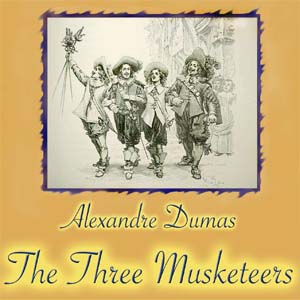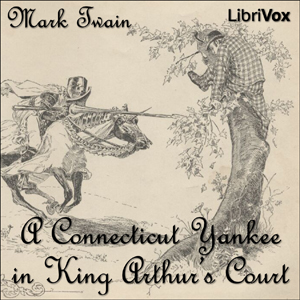- Chapter 01 - The Tapis-Franc
- Chapter 02 - The Ogress
- Chapter 03 - History of La Goualeuse
- Chapter 04 - The Chourineur's History
- Chapter 05 - The Arrest
- Chapter 06 - Thomas Seyton and the Countess Sarah
- Chapter 07 - "Your Money or your Life"
- Chapter 08 - The Walk
- Chapter 09 - The Surprise
- Chapter 10 - Castles in the Air
- Chapter 11 - Murphy and Rodolphe
- Chapter 12 - The Rendez-vous
- Chapter 13 - Preparations
- Chapter 14 - The Bleeding Part
- Chapter 15 - The Vault
- Chapter 16 - The Sick-Nurse
- Chapter 17 - The Punishment
- Chapter 18 - The Isle Adam
- Chapter 19 - Recompense
- Chapter 20 - The Departure
- Chapter 21 - Researches
- Chapter 22 - History of David and Cecily
- Chapter 23 - A House in the Rue du Temple - part 1
- Chapter 23 - A House in the Rue du Temple - part 2
- Chapter 24 - The Four Stories
- Chapter 25 - Tom and Sarah - part 1
- Chapter 25 - Tom and Sarah - part 2
- Chapter 26 - The Ball
The Mysteries of Paris (French: Les Mystères de Paris) is a novel by Eugène Sue which was published serially in Journal des débats from June 19, 1842 until October 15, 1843. Les Mystères de Paris singlehandedly increased the circulation of Journal des débats. There has been lots of talk on the origins of the French novel of the 19th century: Stendhal, Balzac, Dumas, Gautier, Sand or Hugo. One often forgets Eugène Sue. Still, The Mysteries of Paris occupies a unique space in the birth of this literary genre: it entranced thousands of readers for more than a year (even illiterates who had episodes read to them) and was also a major work in the formation of a certain form of social consciousness. One often hears that the 1848 revolution was partly born in the pages of the Mysteries of Paris or, more appropriately, that the Mysteries of Paris helped create a climate which allowed the 1848 revolution to occur.
The hero of the novel is the mysterious and distinguished Rodolphe, who is really the Grand Duke of Gérolstein (a fictional country) but is disguised as a Parisian worker. Rodolphe can speak in argot, is extremely strong and a good fighter. Yet he also shows great compassion for the lower classes, good judgment, and a brilliant mind. He can navigate all layers of society in order to understand their problems, and to understand how the different social classes are linked.
Rodolphe is accompanied by his friends Sir Walter Murph, an Englishman, and David, a gifted black doctor, formerly a slave.
The first figures they meet are Le Chourineur and La Goualeuse. Rodolphe saves La Goualeuse from Le Chourineur's brutality, and saves Le Chourineur from himself, knowing that the man still has some good in him. La Goualeuse is a prostitute, and Le Chourineur is a former butcher who has served 15 years in prison for murder. Both characters are grateful for Rodolphe's assistance, as are many other characters in the novel
The hero of the novel is the mysterious and distinguished Rodolphe, who is really the Grand Duke of Gérolstein (a fictional country) but is disguised as a Parisian worker. Rodolphe can speak in argot, is extremely strong and a good fighter. Yet he also shows great compassion for the lower classes, good judgment, and a brilliant mind. He can navigate all layers of society in order to understand their problems, and to understand how the different social classes are linked.
Rodolphe is accompanied by his friends Sir Walter Murph, an Englishman, and David, a gifted black doctor, formerly a slave.
The first figures they meet are Le Chourineur and La Goualeuse. Rodolphe saves La Goualeuse from Le Chourineur's brutality, and saves Le Chourineur from himself, knowing that the man still has some good in him. La Goualeuse is a prostitute, and Le Chourineur is a former butcher who has served 15 years in prison for murder. Both characters are grateful for Rodolphe's assistance, as are many other characters in the novel
There are no reviews for this eBook.
There are no comments for this eBook.
You must log in to post a comment.
Log in











